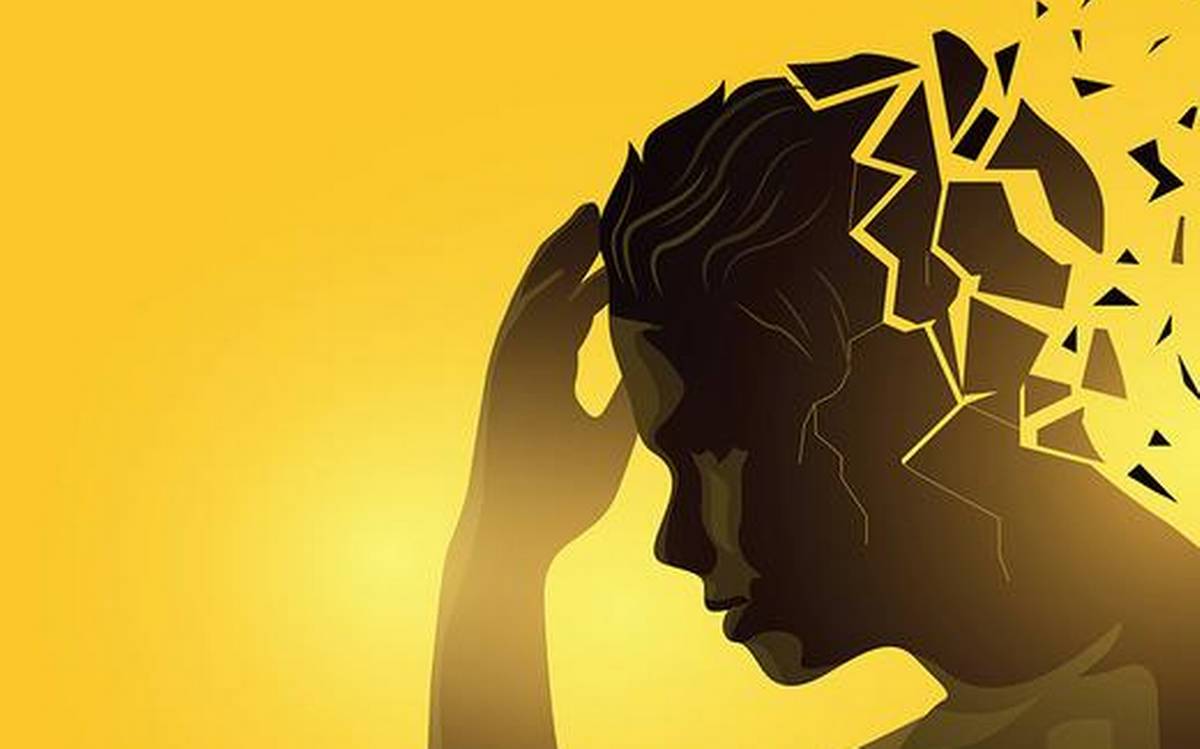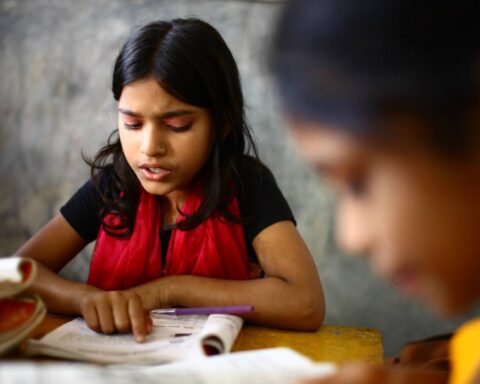Yasmin Haque, UNICEF Representative in India, discusses the evidence of the COVID’s devastating impact on the mental health of children and adolescents, particularly girls, as well as the support measures adopted by UNICEF and its partners
UNICEF Executive Director Henrietta Fore said on Tuesday that government-imposed containment measures and limitations in an attempt to keep the virus at bay had contributed to this. “Children have spent memorable years of their lives away from family, friends, classrooms, and play – crucial parts of childhood itself,” she said, citing statewide lockdowns and pandemic-related movement restrictions. “The ramifications are enormous, and they are only the tip of the iceberg. Even before the pandemic, far too many youngsters were plagued by untreated mental health problems.”
She also stated that there is insufficient government investment directed at tackling the problem, and that the relationship between mental health and future life outcomes is not given enough weight. According to United Nations data, at least one in every seven children has been directly affected by lockdowns, with 1.6 children losing some form of schooling. Investing in all sectors and scaling up evidence-based interventions, like as parenting programmes that encourage responsive and caring caregiving, are among the recommendations made by UNICEF.
The fear of losing a loved one and becoming infected, economic distress of family members, increased incidences of gender-based violence (GBV), disruption of their routine, stress and loss of learning, recreation and social interactions with friends, and school closure for over 15 months all contribute to increased psychological distress for children, adolescents, and young people. A UNICEF (United Nations Children’s Fund) U-Report poll of 16,527 young people in South Asia (31 percent girls, 67 percent boys, and 2% others) regarding their feelings about Covid-19 revealed that girls and boys had had varied experiences with the epidemic. Girls stated that they had less internet access than guys.





























